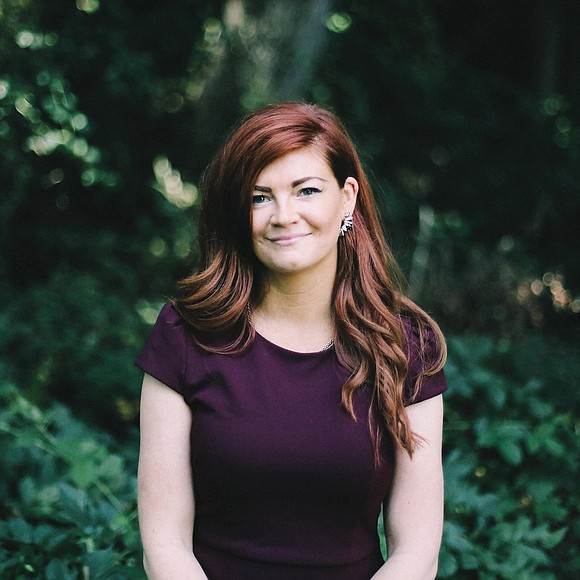$6.8M: Richmond’s share from opioid manufacturers’ national settlement
Jeremy M. Lazarus | 11/18/2021, 6 p.m.
Richmond is poised to gain at least a $6.8 million share of a national settlement with opioid manufacturers and distributors for the harm caused and the expense dealing with the addiction epidemic they unleashed.
City Council’s Finance Committee was expected Thursday to agree to the settlement, and the full council is expected to approve the city’s participation at the final meeting of the year on Monday, Dec. 13.
Richmond was among a host of localities that filed suit against companies that made and/or distributed the wave of opioid- based pain medications that led hundreds of thousands of patients prescribed the drugs to become addicts.
In late September, four companies, AmerisourceBergen, Cardinal Health, Johnson & Johnson subsidiary Janssen Pharmaceuticals and McKesson, agreed to pay $26 billion to end the blizzard of lawsuits from Virginia and other states as well as local governments seeking compensation.
Virginia is set to receive $530 million, with participating local governments collectively receiving a total of 15 percent, according to the agreement the council is to approve.
At least 70 percent, or $371 million, is to go to a newly created Virginia Opioid Abatement Authority that an 11-member board will oversee to ensure funds go to support addiction- related services.
Richmond could gain additional funds from the authority for programs the city of the Richmond Behavioral Health Authority operate for addicts or people in recovery or by creating a regional program with other localities, according to the settle- ment agreement.
The city also could gain a larger share if some of the state’s local governments decline to participate in the settlement.
Currently, the Virginia Attorney General’s Office reported that only about 30 localities have approved the settlement, a small fraction of the state’s 133 counties and cities.
How Richmond’s share will be used remains up in the air. Interim City Attorney Haskell C. Brown III stated in an email to the Free Press: “The use of some monies that localities receive will be unrestricted, and the use of other monies will be restricted for allowed opioid abatement purposes, as determined by the locality.”
Ideas for using the $6.8 million already are circulating.
Fifth District Councilwoman Stephanie A. Lynch, who chairs the Education and Human Services Committee, said Tuesday she would advocate for some of the money to be used to beef up a $1 million emergency fund that was created recently to help families whose finances were shattered by the pandemic to cover unpaid bills.
“I also think some of it needs to go back to child welfare,” Ms. Lynch said. Drug addition “is the No. 1 reason kids are being placed in foster care.
“I also think the smartest use of the funds for the recovery population would be for housing,” she said.
Ms. Lynch said that five years ago, when she lobbied for and helped implement the state Medicaid department’s expanded Addiction and Recovery Treatment Program to improve access to services, “there was no reimbursement for housing.”
“It is truly hard to recover and remove oneself from the environment that created the addiction without a way to pay for housing,” Ms. Lynch said.






